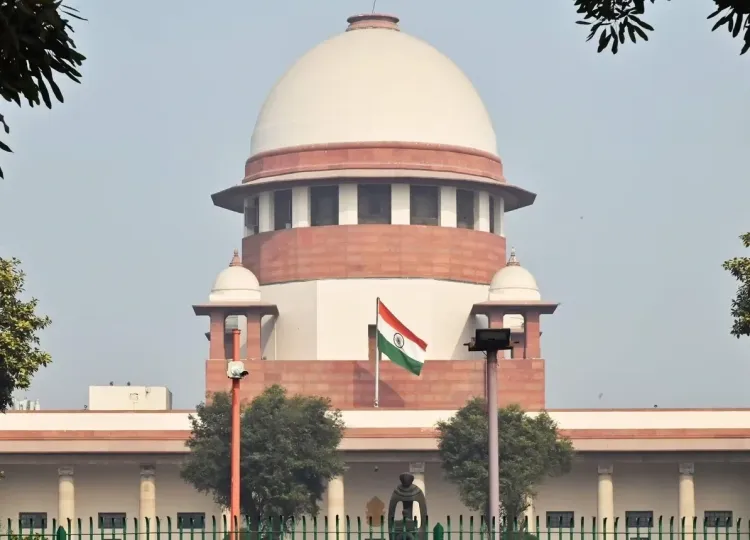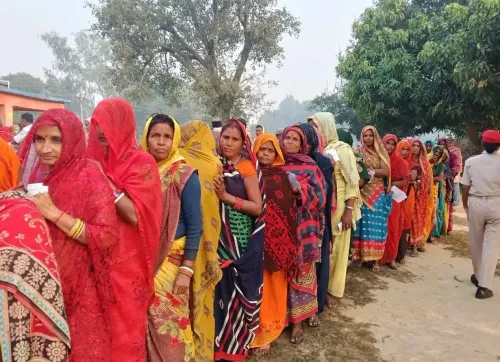Did the SC Grant Bail to a Man Arrested for Inter-Faith Marriage?

Synopsis
Key Takeaways
- The Supreme Court granted bail to Aman Siddiqui, arrested for an inter-faith marriage.
- The court highlighted the importance of familial consent in marriage.
- The ruling challenges the anti-conversion law's implications on personal freedoms.
- Aman was required to cooperate fully with the ongoing trial.
- Any violations of the bail conditions could lead to cancellation.
New Delhi, June 11 (NationPress) The Supreme Court has granted bail to a man who was arrested by the Uttarakhand Police under the anti-conversion law for marrying a woman of a different faith.
Earlier in February, the Uttarakhand High Court had denied bail to the accused, Aman Siddiqui, also known as Aman Chaudhary, which led him to appeal to the Supreme Court.
An FIR was filed at the Rudrapur Police Station in the Udham Singh Nagar district against the appellant under the Uttarakhand Freedom of Religion Act, 2018 and Sections 318(4) and 319 of the Bharatiya Nyaya Sahita, 2023.
The appellant’s legal representative argued that the complaint was baseless, as the accused married a woman from a different faith. Additionally, it was stated that the marriage was arranged, with both families consenting to the union.
The FIR was registered following objections from certain individuals and groups regarding the inter-faith marriage. Despite the police submitting a charge sheet against the appellant, he spent nearly six months in custody.
In its ruling, the Supreme Court noted that the state government has no valid reasons to prevent the appellant and his wife from living together, given that their marriage was arranged with the consent of their families.
The court clarified that the ongoing criminal proceedings against the appellant would not hinder him and his wife from choosing to live together.
“In this context, we conclude that this is a fitting case for granting bail to the appellant,” stated the bench comprising Justices B.V. Nagarathna and Satish Chand Sharma.
Upon allowing the appeal, the Justice Nagarathna-led Bench ordered the appellant to be presented before the relevant trial court promptly, which will grant him bail, subject to conditions deemed necessary to ensure his presence in the criminal case. The appellant was also directed to cooperate fully with the trial and not misuse his liberty.
“Any violation of these conditions could lead to the cancellation of the bail granted to the appellant,” the Supreme Court warned.








